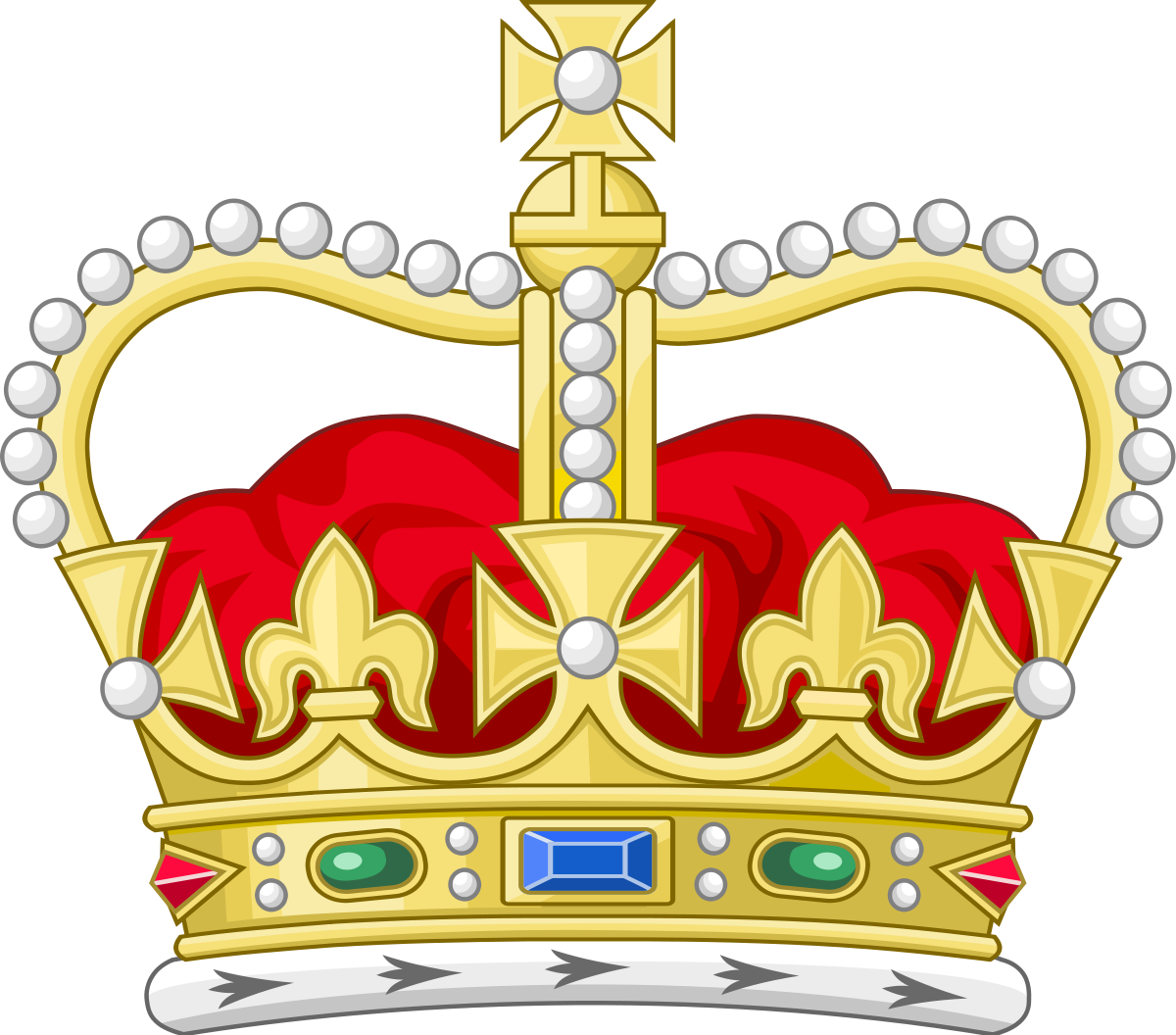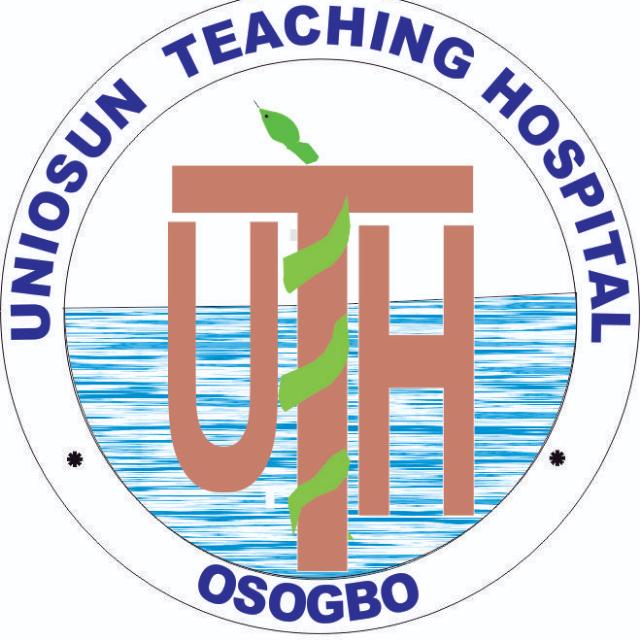Since his assumption of office in November 2010, the Rauf Aregbesola-led administration in Osun has been seen to be proactive in the public health sector to ensure that citizens and residents of the state get access to quality health services. However, the enrolment of the state in the Health Insurance Scheme (OHIS) is another effort of the government to enroll the entire populace into some financial and risk-pooling health scheme. KINSGLEY OMOYENI writes.
A responsible government must create and maintain the conditions under which members of the community can be healthy, though the maintenance of healthy living and public health is a responsibility of every member of the society.
Society’s efforts have been carried out through a combination of personal health care and public health system. Through the activities of both private and governmental health care providers, organisations, and institutions, the personal health care system provides primarily curative services, such as treating illnesses and injuries, to individuals with relatively little attention to prevention.
These agencies build partnerships and often provide or coordinate direct services to ensure that there is access to adequate healthcare in a community. Public health agencies have particularly played this role in efforts to reduce the spread of diseases, illness, injuries, environmental and other risks. They have also directly taken on the challenges of addressing the health care service needs of the most vulnerable.
Public health agencies meet obligations to their communities in many different ways: by fostering a wide range of policy-guided community initiatives to promote health, improve health conditions through the collection, monitoring, and dissemination of information about health status and disease occurrence; through the direct provision of service in the community and in the home; and through community education.
Another role public health agencies play is to regulate sources of risk and promote health and safety practices, such as licensing restaurants and health facilities, and regulating water and air quality.
Public health tasks are carried out primarily by governmental health and environmental protection agencies at local, state, and national levels.
Frequently, the government agency provides either financial or technical assistance. This is because government functions as a representative of the people and needs to be responsive to them, the ultimate responsibility for public health activities must lie with government agencies.
Non-Governmental Organisations carry out many useful activities. However, only government agencies that derive authority from the community, locality and nation are therefore accountable to members of the public. Public health agencies, even while being cost conscious, are in principle not constrained by profit motives, nor by agenda other than that of the public’s health.
Public health interventions focus on the health needs of the entire population or population groups. Personal healthcare providers have little incentive to consider population-based services, although they may provide individual clinical preventive care. Even with increased attention to the provision of clinical preventive services by healthcare organisations and others, the clinical preventive services provided will often be those with short-range, immediate payoffs.
Moreover, population most at risk for increased morbidity and mortality may be least likely to receive these clinical preventive services because of financial and non-financial barriers. Public health addresses these issues through outreach, health education, transportation and translation services, and culturally sensitive provision of services. These are provided by the public health system.
Since assumption of office in November, 2010, the Rauf Aregbesola-led administration has done everything possible in the public health sector to ensure that citizens and residents of the state have access to quality health services in all the nooks and crannies of the state. No wonder the life expectancy at birth in Osun has increased from 45 to 75 years, according to reports.
The Osun Ambulance scheme, an idea of the present administration has saved countless souls from untimely death, as the state governor procured ambulance vehicles worth millions of naira and equipped them with facilities and personnels and stationed in strategic locations around the state to arrest emergency health challenges.
Health facilities and hospitals across the state are never left unattended to, as they are constantly being upgraded; just recently the state government through the ministry of health took delivery of health equipment for government hospitals across the state, training of medical personnels, while provision of drugs are also being attended to.
The Aregbesola administration has strengthened the state’s health system by carrying out comprehensive changes in policies and regulations, develop strong financing mechanism, changing organisational structures and relationship across the health system and ensure effective use of resources to improve multiple health services.
Supporting the health system can also include any activity that improves services, from upgrading facilities and equipment to distributing mosquito nets. All these are the efforts of the present administration in Osun.
For a government that has put the health of its citizens on the front burner since assumption of office, it was no surprise to learn that the administration is going another step further at ensuring that the people have more access to affordable health services.
Since a single stay in hospital can wipe out your savings and more, not many people can afford to go without some kind of health insurance – even if they’re healthy. Not only will health insurance protect the rich from bankruptcy in the event of a major medical event, it will also give the vulnerable or poor of the poorest in the society peace of mind knowing that they can have access to quality health delivery when the need arises.
The National Health Insurance Scheme (NHIS) has been there for many years, but the truth is that many people at the state and local governments’ level do not understand how to enjoy the service nor have access to it; hence the NHIS has only been in existence for existing sake.
Many people still view the national health insurance as a contract between you and an insurance scheme company that says that the insurance company will pay a portion of your medical expenses if you get sick or hurt and have to visit a doctor or hospital. They believe that such contracts also specify that the insurance company will pay a portion of your medical expenses such as paying for annual physicals or immunisations all at a burden which you will still have to bear one way or the other.
It was therefore a huge step in the right direction when the government of Osun under Rauf Aregbesola did everything possible to be part of the first sixteen states that will serve as pilots for the state health insurance schemes. At an awareness programme to sensitise the people of the state on their roles and responsibilities under the Osun Health Insurance Scheme (OHIS), it was made clear that it is to enable the people, rich or poor to have access to universal health scheme.
The Osun Health Insurance Scheme (OHIS), is an insurance plan seeking to enroll the entire population into some financial and risk-pooling insurance mechanism or set of mechanism with the aim of removing the financial barriers of attaining Universal Health Coverage (UHC) so that needless deaths caused by lack of immediate funds will be avoided.
For a government that has done so much in the state’s health sector, it is worth eulogising such government for going another step further to ensure that the people are completely covered when it comes to issues relating to their health as OHIS will ensure that even the poorest of the poor will have access to quality health services because through the scheme such expenses would have been taken care of through tax and donors from the rich.
With the Osun Health Insurance Scheme, everybody is covered as avoidable deaths will be avoided. With adequate awareness and taking up of responsibilities by all stakeholders, the Aregbesola administration has set a new standard in the discharge of health services to all in Osun, which means, days when simple illnesses claim the lives of the poor as a result of lack of money to visit the hospital or doctor are gone for good.
It should be noted that the provision of quality healthcare delivery is a right of the people and through the scheme, the burden of catastrophic health expenditure will be eliminated and the people of the state are encouraged to take the opportunity and enjoy access to quality healthcare at the appropriate time.
The appointment of a former Chairman of the Nigeria Medical Association, (NMA), Dr Niyi Ogini as the Executive Secretary to pilot the Osun Health Insurance Scheme (O’HIS) has again reaffirmed the commitment of the government to the scheme.
Dr Ogini while speaking at an awareness programme stressed that public health services should be considered part of the social safety net which is the responsibility of government to provide for the people.
“Governor Rauf Aregbesola wants free health for his people but at the same time he realises that it cannot be totally free, he knows that it cannot be hundred per cent possible, hence the creation of the Osun Health Insurance Scheme.
“It is the desire of the Governor to deliver quality health services to the people of the state on the basis of equity. I want to assure the people of the state that through the O’HIS, the death of children under five will be greatly reduced in Osun.
“The scheme would be operated on equity where those who do not have money can have access to quality health services and we want it to succeed so that Osun will be an example to emulate”, Ogini stressed.
It is hoped that citizens and residents alike in Osun will embrace this good gesture of a government that is determined to restore healthy living as contained in its six points integral action plan.











